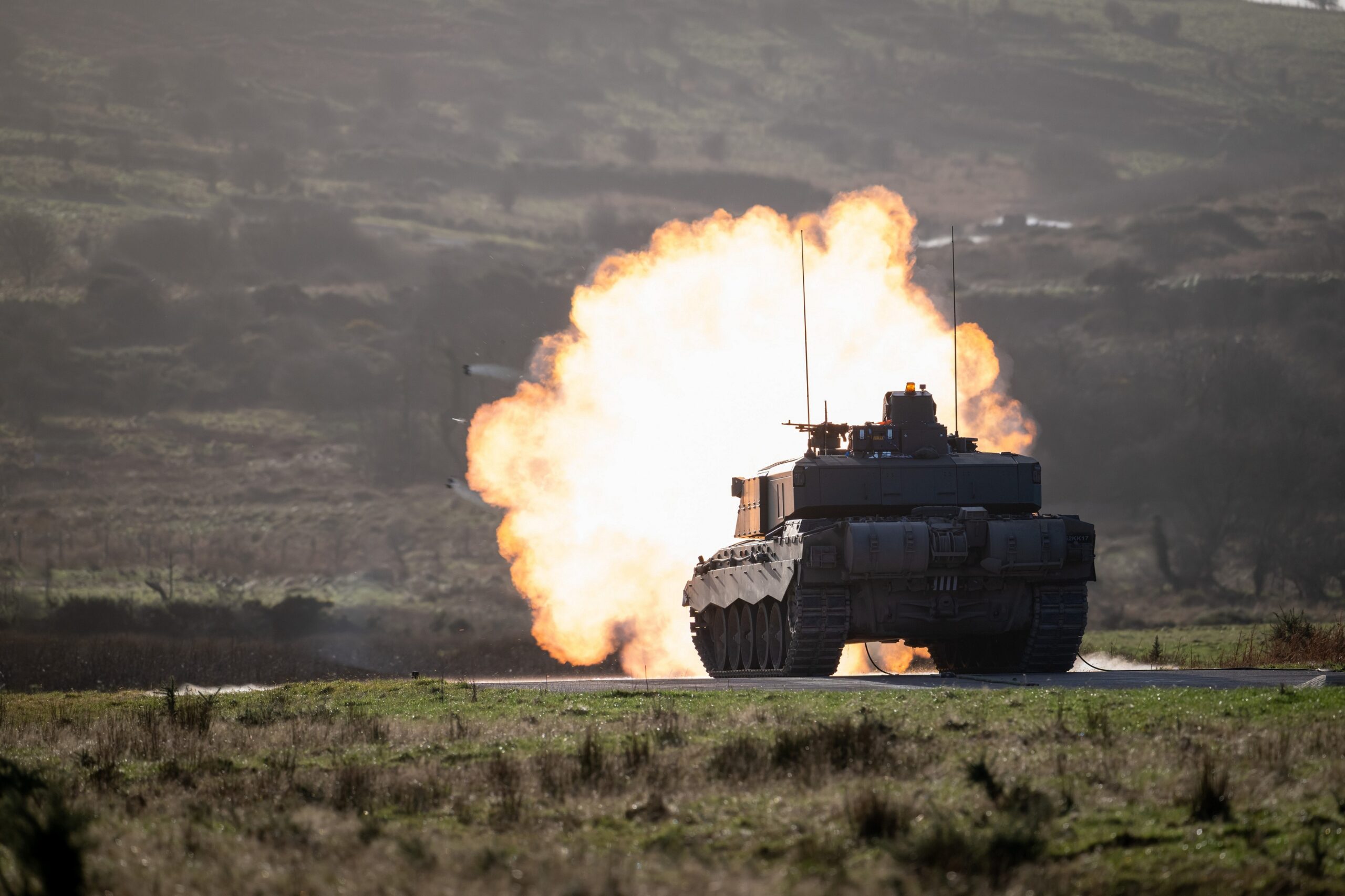Published 06 October 2023
Share this story
UK Armed Forces personnel will be better protected on the battlefield through world-leading chemical detection sensors, under a £88 million contract placed by DE&S.
Led by Strategic Command alongside a pan-defence team, thousands of personnel across the British Army, Royal Navy and Royal Air Force will benefit from wearable personal chemical agent sensors, ensuring they can detect dozens of toxic chemical threats and take immediate action to protect themselves and others.
It will be a first of its kind for UK Armed Forces, as the wearable sensor will be able to detect multiple chemical threats from both vapours and aerosol – different ways in which chemical threats can be dispersed and affect an individual.
Under the contract, UK company Smiths Detection will develop three next-generation chemical sensor products for the MOD, to be operational by 2028. They are:
- Wearable personal chemical agent sensor – continually monitoring the environment around the user.
- Survey chemical agent sensor – a portable device to check potentially hazardous areas or surfaces.
- Remote monitoring chemical sensor – an enhanced sensor for use in fixed locations.
As new hazards emerge in the future, the equipment can be continually updated and improved, identifying a greater range of chemical threat coverage.
Supporting hundreds of skilled people at Smiths Detection and creating around a dozen new jobs at their Hemel Hempstead site, the contract boosts the Prime Minister’s priority of growing the UK economy. The company sources components and services from numerous UK suppliers, bolstering the UK manufacturing industry, and investing in British production capability.
The contract, placed by the Chemical Biological Radiological and Nuclear (CBRN) Delivery Team at DE&S, will encompass the development, manufacture, and initial in-service support for the programme.
CBRN Team Leader Tim Illing, said:
“It has been a pleasure working alongside our partners from within the MOD and from industry to ensure personnel from across the UK Armed Forces will have access to this essential world leading capability.”
Pulling through advances in science and technology, supported by Dstl (Defence Science and Technology Laboratory), the UK MOD BOSKER programme will replace its’ existing chemical detecting capabilities.
Minister for Defence Procurement, James Cartlidge said:
‘’It’s vital we protect our Service Personnel, and this cutting-edge technology is so important to reduce the threat posed by toxic chemicals across a range of environments globally.
“Not only is it an impressive piece of equipment designed and manufactured here in the UK, but the ability for it to be continually developed and improved is exactly how we want Defence procurement to be – deliverable, effective and ambitious.”
Smiths Detection President, Roland Carter said:
“We’re honoured to have been selected by the UK Ministry of Defence to supply this next-generation technology. This award is testament to our leading technology and the knowledge, commitment and ingenuity of the people in our organisation who everyday help to make the world a safer place.”













